The Space Campus of the University Paris Est Créteil is an academic structure that aim to involve students in developing ambitious space projects. These students come from various backgrounds.
With such projects, the Space Campus trains students to discover the different skills and jobs associated to the space industry. For instance, this teaching goes with the development of small satellites called cubesats and the associated softwares. The whole conception and designing tasks are ensured by the students that work in small interdisciplinary teams.
By designing new cubesats, the Space Campus also aims to validate the use of new technologies for future spatial operations. For that, collaborations with engineers coming from UPEC labs, the National Center for Space Studies (CNES) or even with extern firms are established. This focus led on research and development helps to better understand how new technologies such as additive manufacturing (3D printing) or electronic compounds behaves in a spatial environment.
Furthermore, the Space Campus benefits from the interdisciplinary educational structure of the University Paris Est Créteil (UPEC). The campus involves diverse formations (bachelors, Master’s degrees, PhD, engineer schools) embracing various topics (physics, chemistry, electronics, IT, managing, …).
As other French Space Campus, the Space Campus of the UPEC is developed with the support of the Janus program from the CNES. The main objective of Janus is to engage students into building actual cubesats that are launched into space.
Our Space Campus projects are mostly focusing around two major subjects :
- Exobiology. Cubesats in development aim to perform chemical measures and analysis.
- The OGMS-SA cubesat is a technical demonstrator to make one spectroscopy technique (Cavity Ring Down Spectroscopy) able to function in space
- The IR-COASTER cubesat contains an exobiology experiment designed to study how organic matter evolves in extra-terrestrial environments
- Science mediation. By constructing a full-size functional model of the Exomars rover, the Space Campus wants to transmit space knowledge to non-specialized public. This model will notably be used in various projects aiming general audience, including children.

